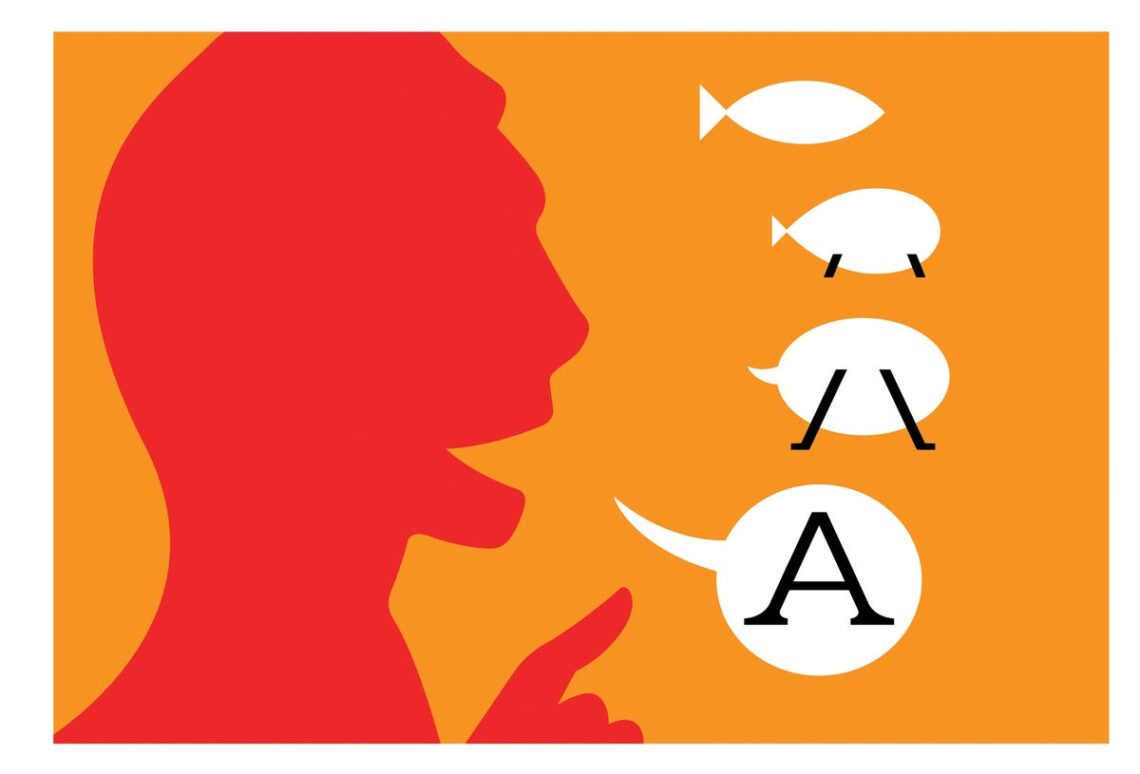Humans have been speaking some form of language for tens, if not hundreds, of thousands of years. Yet linguists, psychologists and historians are constantly making new discoveries about the ways we communicate with one another. Linguists are tracking the new terms we invent for our modern lives while archeologists search for the lost history of languages past and neuroscientists test new technology that could allow us to bypass speech entirely and communicate straight from our brain. From the oldest alphabets to mind-reading implants, here are some of the coolest things we learned about language in 2024.
The “Ow” Factor
How do you say “ouch” in languages around the world? If you pick a random language, odds are that this pain-expressing word involves the vowel sound “ah” or sounds made by combining it with other vowels, such as “ow” or “ai.” Researchers discovered this hidden commonality by studying pain words across 131 languages. They suspect the trend might come from involuntary sounds humans make to express pain—which are also more likely to contain that “ah” vowel.
On supporting science journalism
If you’re enjoying this article, consider supporting our award-winning journalism by subscribing. By purchasing a subscription you are helping to ensure the future of impactful stories about the discoveries and ideas shaping our world today.
The world around us often shapes the sounds of our language, though many of these effects are subtle. For example, there’s the classic bouba-kiki effect, where people are more likely to call a rounded object “bouba” and a spiked one “kiki.” And researchers also recently proved that people around the world are more likely to associate the trilled “R” sound with roughness and the “L” sound with smoothness.
Survival of the Fittest
Humans, like all animals, evolve over time—as do the languages we speak. But why do some words survive millennia, whereas others might go extinct within a few…
Read the full article here

